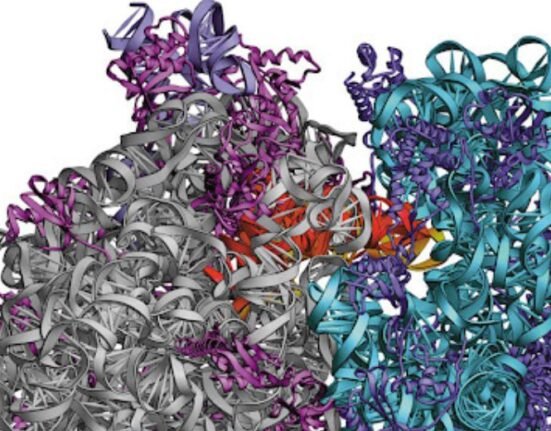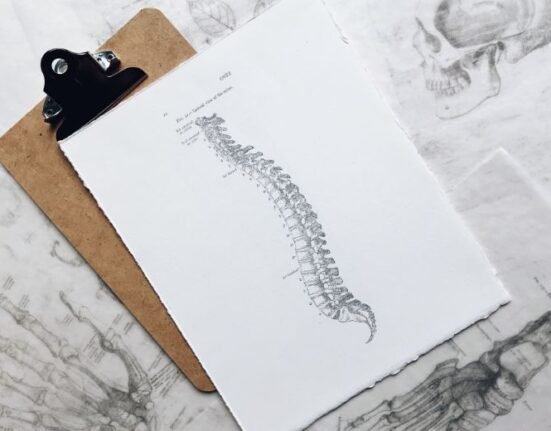HQ Team
March 21, 2024: An abnormal protein called phosphorylated α-synuclein present in the nerve fibres in the skin — the pathological hallmark of Parkinson’s disease — can be detected with high accuracy by a simple biopsy test, researchers say.
Neurologists at the Beth Israel Deaconess Medical Center (BIDMC) said the method was a reliable and convenient tool to help physicians make more accurate diagnoses of Parkinson’s and the subgroup of neurodegenerative disorders known as synucleinopathies.
“Too often patients experience delays in diagnosis or are misdiagnosed due to the complexity of these diseases,” said lead author, Christopher Gibbons, a professor of neurology at Harvard Medical School.
“With a simple, minimally-invasive skin biopsy test, this blinded multicenter study demonstrated how we can more objectively identify the underlying pathology of synucleinopathies and offer better diagnostic answers and care for patients.”
Synaptic function
α-Synuclein is a neuronal protein linked genetically and neuropathologically to Parkinson’s disease. α-Synuclein may contribute to the origin and development of the disease in several ways.
Its elongated cluster of cells grows into a fibril and is toxic. They mediate disruption of cellular homeostasis and neuronal death, through effects on various intracellular targets, including synaptic function or transmission of nerve impulses between a neuron and muscle cell.
The synucleinopathies include Parkinson’s disease, dementia with Lewy bodies, multiple system atrophy, and pure autonomic failure.
While the four progressive neurodegenerative diseases have varying prognoses and do not respond to the same therapies, they do share some overlapping clinical features such as tremors and cognitive changes.
Sample of 428 people
Additionally, all are characterized by the presence of the abnormal protein phosphorylated α-synuclein (P-SYN).
For the study 30 academic and community-based neurology practices enrolled 428 people, ages 40-99 years, with a clinical diagnosis of one of the four synucleinopathies.
It was based on clinical criteria and confirmed by an expert panel or were healthy control subjects with no history of neurodegenerative disease. Participants underwent three 3-millimeter skin punch biopsies taken from the neck, the knee, and the ankle.
“These are systemic disorders that impact the peripheral and central nervous systems in profound ways,” said senior author Roy Freeman, MD, director of the Center for Autonomic and Peripheral Nerve Disorders at BIDMC.
“While we have been aware of the presence of alpha-synuclein in cutaneous nerves for many years, we were thrilled with the accuracy of this diagnostic test.”
‘High accuracy’
Among the participants with clinically confirmed Parkison’s disease, 93% demonstrated a positive skin biopsy for P-SYN.
Participants with dementia with Lewy bodies and multiple system atrophy tested 96% and 98% positive, respectively. One hundred per cent of participants with pure autonomic failure were positive for the abnormal protein.
“Parkinson’s disease and its subgroup of progressive neurodegenerative diseases show gradual progression, but alpha-synuclein is present in the skin even at the earliest stages,” Freeman said.
Men more than women
More than 10 million people worldwide are living with Parkinson’s disease.
About 90,000 people in the US are diagnosed with the disease each year. The incidence of Parkinson’s disease increases with age, but an estimated 4% of people with the disease are diagnosed before age 50.
Men are 1.5 times more likely to have Parkinson’s disease than women, according to Parkinson’s Foundation.








